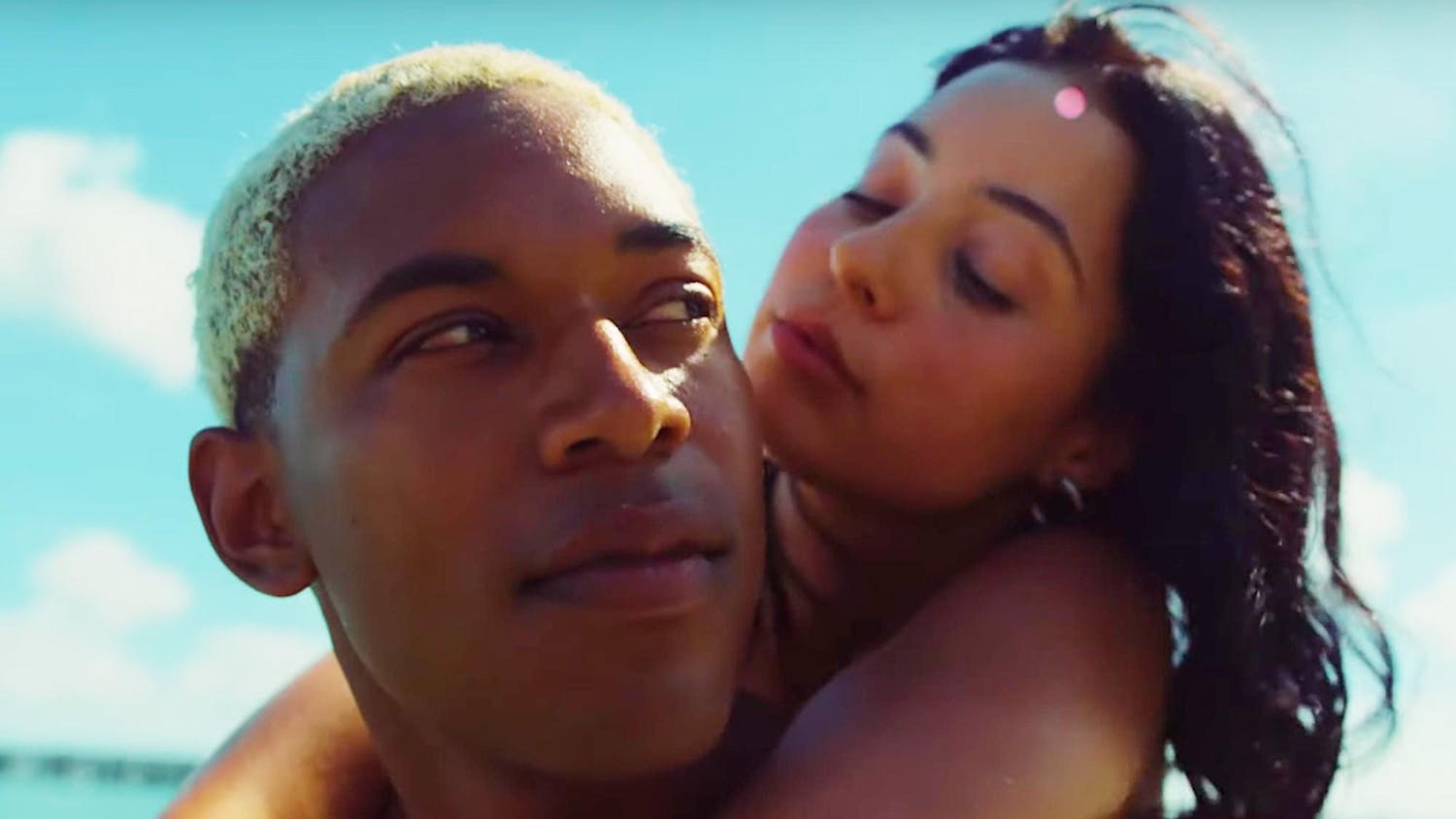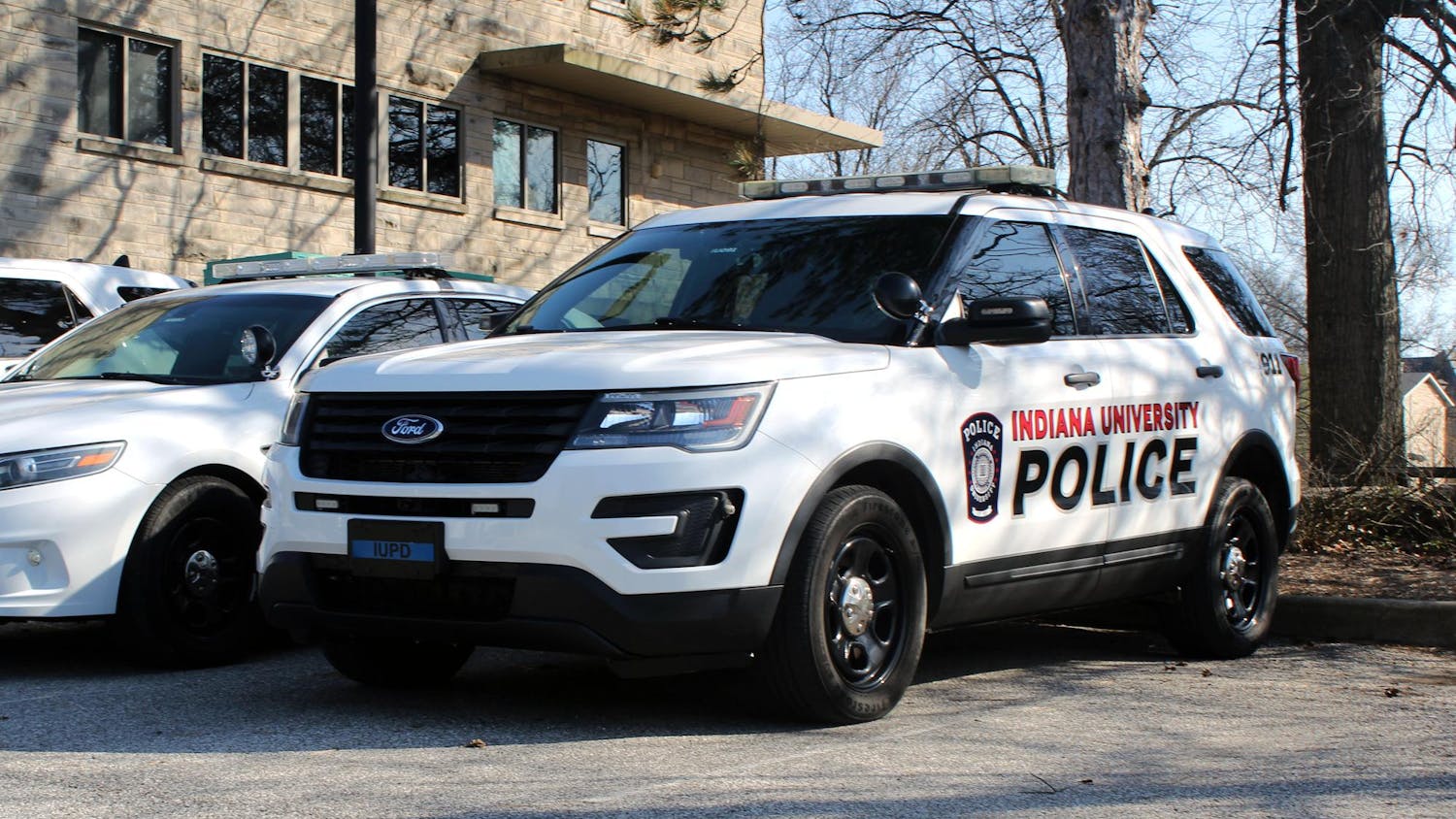Some people believe rock ‘n’ roll was invented in 1956 when Elvis sang “Heartbreak Hotel” on national television. I disagree.
Rock ‘n’ roll is a blood sport. It is a sport played by the outcasts, warriors and rebels. It’s not just about music — it’s about a lifestyle.
Ching Shih was a rock star. Ozymandias was a rock star. Joan of Arc was a rock star. And so forth.
By the turn of the 20th century, this philosophy seemed to get a political and criminal makeover.
As Jim Morrison once said, “These days, especially in the States, you have to be a politician or an assassin or something, to really be a superstar.”
He wasn’t wrong. Just check out Rolling Stone magazine covers. Though musicians like Bob Dylan, Tupac and Lady Gaga have made the cover, so have figures like Charles Manson, Dzhokhar Tsarnaev and Barack Obama.
Though romanticizing serial killers as rock stars is its own grave dilemma, there is something mesmerizing about the association of politicians and rock ‘n’ roll.
Nothing reflects this better than the use of campaign songs in presidential elections.
In the 19th century, and for most of the 20th century, songwriters would write promotional songs for the running candidates.
Notable examples of this would be “Tippecanoe and Tyler Too” for William Henry Harrison, “I Like Ike” for Dwight D. Eisenhower and “Happy Days Are Here Again” for Franklin D. Roosevelt.
This tradition of original tunes died off for decades until revived by Donald Trump when he showcased the USA Freedom Kids singing a bizarre song that endorsed him.
This archaic style of campaigning had many people cry “Hitler Youth.”
Politicians would sometimes also have renditions of popular songs made to fit their campaign. Frank Sinatra rewrote “High Hopes” for John F. Kennedy, Carol Channing changed “Hello, Dolly!” to “Hello, Lyndon!” for Lyndon B. Johnson and Sam and Dave’s “Soul Man” became “I’m a Dole Man” for Bob Dole.
Then candidates began to take a safe approach to their campaign by using popular music without any specific promotional lyrics.
Some candidates would strategically choose songs that appealed to certain generations, such as Bill Clinton using Fleetwood Mac’s “Don’t Stop” to call upon the baby boomers.
Others weren’t so decisive. Hillary Clinton used Celine Dion’s “You and I” in the 2008 election while John McCain used ABBA’s “Take a Chance on Me.”
Recently, Bernie Sanders played David Bowie’s “Starman,” a fantastic way to not only pay homage to the beloved artist, but also appeal to young and old voters alike.
However, musicians didn’t always support the uses of their music in campaigns. Ronald Reagan wanted to use Springsteen’s “Born in the U.S.A.” for his 1984 campaign. Being unsupportive of Reagan as a candidate, Springsteen’s managers declined usage of the song.
Sarah Palin made use of Heart’s “Barracuda” at the 2008 Republican National Convention. Heart claimed Palin and McCain never asked permission to use the song and requested for them to stop using it.
“Sarah Palin’s views and values in no way represent us as American women,” Heart said in a statement to Entertainment Weekly.
Earlier that same year, John Mellencamp requested McCain to stop using his songs “Our Country” and “Pink Houses” in his campaign.
The most recent example of this is with Trump, who has at least six groups speak out against the use of their music for his campaign. These include the Rolling Stones, Adele, Elton John, Aerosmith, Neil Young and R.E.M.
Perhaps the strongest reaction came from the latter group, whose song “It’s the End of the World as We Know It (And I Feel Fine)” was used at the “Stop the Iran Deal” rally.
“Go fuck yourselves, the lot of you — you sad, attention-grabbing, power-hungry little men,” R.E.M. singer Michael Stipe said. “Do not use our music or my voice for your moronic charade of a campaign.”
Given that they’re a baby boomer group, the Rolling Stones might seem ideal for any conservative candidate. However, Trump didn’t use appropriate classics like “Jumpin’ Jack Flash” or “Time is on My Side.”
No, Trump decided he wanted to use “You Can’t Always Get What You Want,” “Sympathy for the Devil,” and “Brown Sugar.” By the way, the latter is about sexually abusing black slaves.
Our Republican nominee, ladies and gentlemen.
Regardless, it’s hard to deny the charm and electricity behind campaign music. Personally, I’m still waiting for a candidate to make use of the Beastie Boys’ “Sabotage” or the Beatles’ “Revolution,” but beggars can’t be choosers.
Or can they?
Screw it. That’s democracy, after all.
Austin Faulds
afaulds@umail.iu.edu | @a_faulds9615



